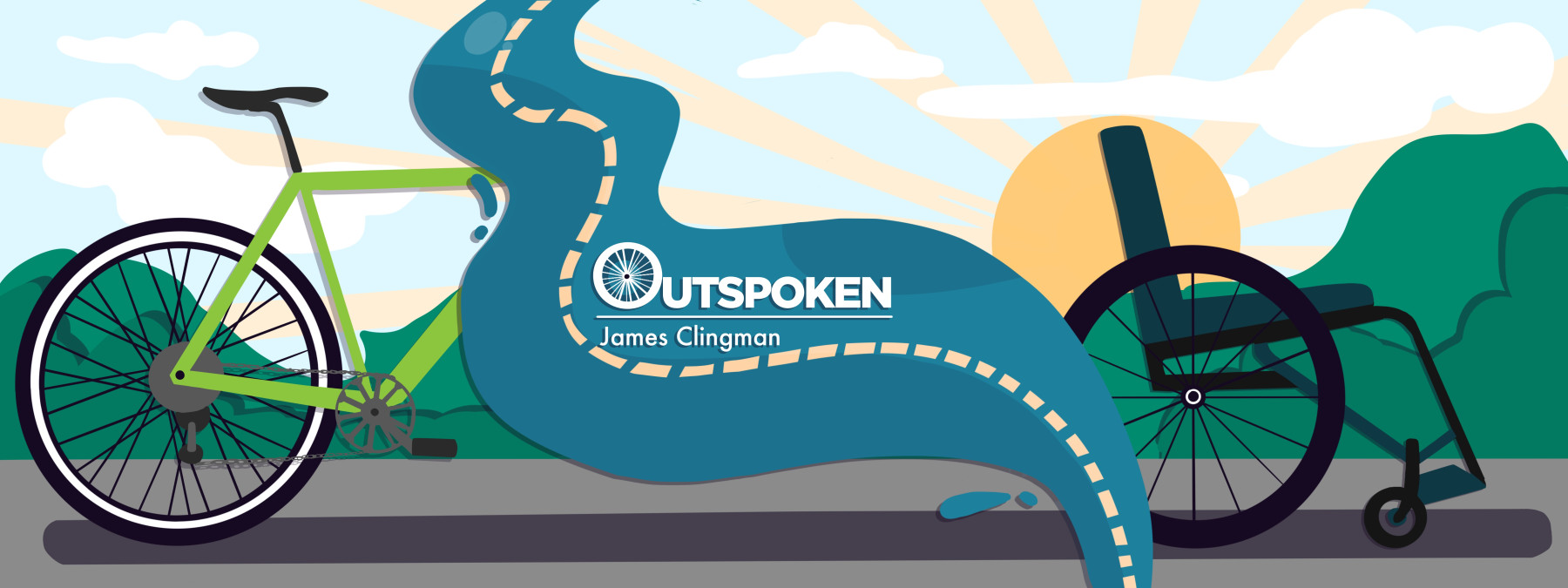Early intervention is key to early detection of ALS
It's crucial we speed up the diagnostic process, columnist James Clingman writes

Yes, I know, this headline is an obvious conclusion. Yet, based on my dialogue with other ALS patients, as well as my own experience, it’s not always so obvious.
In late 2009, I noticed a drop in my left foot. As it progressed, I asked our family doctor what she thought. After her exam, she referred me to an orthopedic doctor.
After a battery of MRIs, EMGs, blood samples, and X-rays, he said I had spinal stenosis. He showed me the X-ray and said my nerve was rubbing against the bone in my lumbar region.
He said I had two options: surgery or physical therapy. I chose therapy and stayed at it for a year and a half. In November 2011, I had back surgery. Need I say it didn’t work? As a matter of fact, the last neurologist I saw said I didn’t need the surgery since I never had the requisite back pain that accompanies spinal stenosis.
My gait worsened. I had to get a leg brace and finally had to stop cycling because my leg was too weak. Meanwhile, I saw two more neurologists and had two more EMG tests, the last of which led to my ALS diagnosis after four years.
Addressing the lengthy journey to diagnosis
Several members of my support group described similar circumstances regarding obtaining a final diagnosis. The tragedy in my case, and I’m sure for others as well, is being beyond the age for any active clinical trials.
It’s even more heartbreaking for me to see young people get ALS and have to wait extended periods of time for their diagnosis. Every day that passes is a day that may have brought a new trial or the option to get started on a new medicine. Besides all of that, quality time with their children and family is passing by.
Timely discovery of ALS is paramount to a person’s quality of life, just as early detection of other illnesses is. So why can’t we do that? Could it be a lack of information on what causes ALS? The low priority of it during the diagnostic process of elimination? Or could it simply be a lack of public awareness and research funding?
In my case, the first diagnosis was from an orthopedic doctor. Subsequently, every other possible disease — Parkinson’s, multiple sclerosis, myasthenia gravis, and even AIDS — was eliminated before ALS was deemed to be the problem. Suggesting that ALS should have been considered earlier may be sacrilegious to some doctors, so I’ll just call it a “layman’s license.”
Again, my greater concern is about the young people who have or may develop ALS. They should have the highest possible chance to avoid protracted diagnostic time frames and have access to newly discovered drugs if they choose to use them.
Psychologist Abraham Maslow said, “I suppose it is tempting, if the only tool you have is a hammer, to treat everything as if it were a nail.” From what I’ve heard from other patients, the orthopedic path is often the first diagnostic and procedural option. Science has an array of tools in its toolbox; I trust that all of them will be utilized to determine whether ALS is the problem.
Finally, the latest gesture to bring awareness to ALS is the fist bump. Just push your fist forward and then challenge three more people to do the same. I guess it’s a way of saying we must knock out ALS, a laudable goal to be sure. My suggestion is that everyone who does it should have a donation in that clenched fist and give it to a patient or advocacy organization.
Note: ALS News Today is strictly a news and information website about the disease. It does not provide medical advice, diagnosis, or treatment. This content is not intended to be a substitute for professional medical advice, diagnosis, or treatment. Always seek the advice of your physician or other qualified health provider with any questions you may have regarding a medical condition. Never disregard professional medical advice or delay in seeking it because of something you have read on this website. The opinions expressed in this column are not those of ALS News Today or its parent company, Bionews, and are intended to spark discussion about issues pertaining to ALS.








Leave a comment
Fill in the required fields to post. Your email address will not be published.